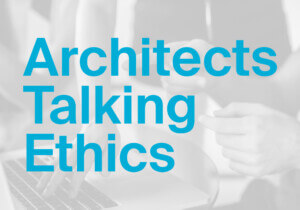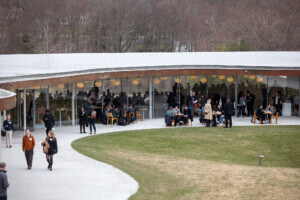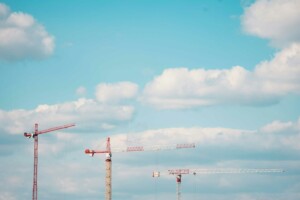For the duration of the coronavirus (COVID-19) crisis, AN will use this column to keep our readers up to date on how the pandemic is affecting architecture and related industries. This weekly article is meant to digest the latest major developments in the crisis and synthesize broader patterns and what they could mean for architecture in the United States. The previous edition of the column can be found here.
As summer approaches, the country’s response to the coronavirus pandemic is at a crossroads. States are reopening, some slower than others, and are waiting to see what the season brings. The reopening on nonessential construction sites could mean that better times are coming for architects, but the future is still uncertain, and this week’s architecture-related coronavirus news reflects that.
In less than rosy news, a report from a group of nonprofits related to New York’s parks said the city’s green spaces were likely to suffer because of the pandemic’s economic fallout. Cuts in both public funding and private donations are expected to hit the parks hard this year, a blow to a system that has crept back from a pretty dire state in only the past couple of decades.
Job loss continued in April, according to numbers that were released earlier this week. Unsurprisingly, construction jobs were hit hard, with nearly one million lost in April. Next month’s numbers should show whether or not the slow reopening of certain construction sites will affect those numbers. Obviously, construction jobs are not the only AEC-related positions lost across the country—cultural institution jobs across New York City have disappeared as museums facing budget shortfalls have laid off and furloughed hundreds, architecture firms have cut positions, and Airbnb laid off almost 2,000 employees.
Airbnb is not the only property tech company facing issues. WeWork, which in the past year went from one of the most hyped startups in the world to a symbol of venture capital hubris, is facing lawsuits from tenants who are legally required to work from home and therefore do not want to pay rent. The legal battle is only a small part of the much broader question about what the future of workspaces will be now that recent trends like coworking and open floor plans seem like surefire ways to spread disease.
In happier news, there are signs that the design world is already adapting to change. While the future of the 2020 Venice Architecture Biennale is still in doubt—Australia has already withdrawn from the festival—Russia’s pavilion (appropriately titled Open?) has moved online. And the State Department is distributing a version of a guide made by the AIA to help administrations select alternative treatment sites for coronavirus cases. The second edition of the COVID-19 Alternative Care Sites Assessment Tool is now being distributed around the world.
Hopefully, next week will bring more good news.











